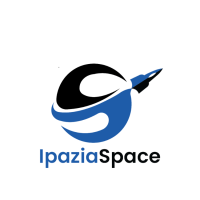Launch Without Limits
IpaziaSpace is built to serve a wide range of sectors where suborbital access can solve key challenges in testing, certification, and early-stage technology validation.
Aerospace & SpaceTech Companies: We provide in-flight testing to support qualification of sensors, electronics, thermal shielding, propulsion subsystems, and structural elements. Our flights help bridge the TRL gap before committing to orbital deployment.
Research Institutions & Universities: Suborbital flights offer access to microgravity, thermal variation, and atmospheric transition regimes essential for experimental science. We support full payload lifecycle integration for scientific teams and student-led missions.
Advanced Materials Developers: Evaluate coatings, composites, insulators, and functional materials in real atmospheric reentry, low-pressure, or high-temperature environments—crucial for industrial R&D and aerospace supply chain players.
Component Suppliers & Certification Bodies: Our flights serve as a testing ground for standards verification and stress profiling, offering a practical alternative when orbital rideshare or ISS deployment is unavailable or too slow.
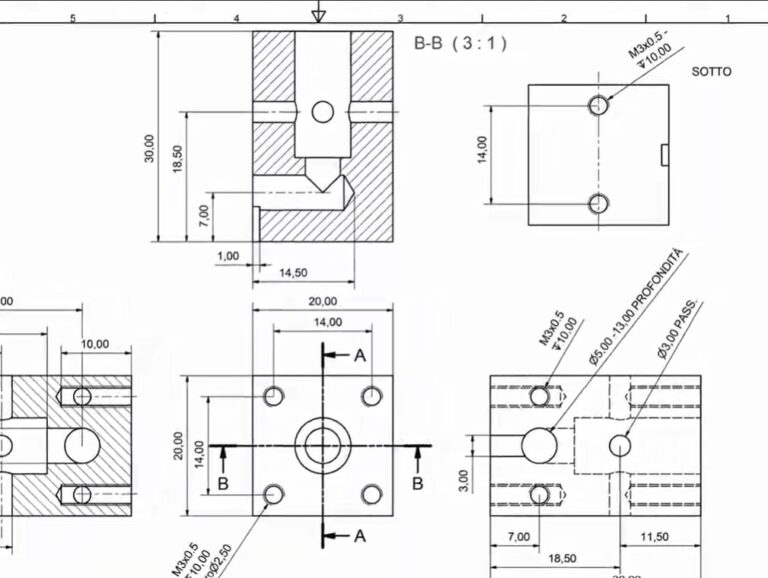
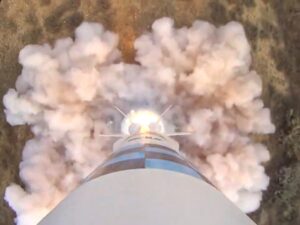
Tailored Launch Services for Research, Industry, and Development
IpaziaSpace provides dedicated suborbital launch services tailored to the needs of research institutions, aerospace developers, and industrial R&D teams. Our mission is to bridge the gap between ground-based testing and orbital deployment, enabling fast, cost-effective access to real flight environments for payloads up to 50 kg.
Unlike shared orbital launches, our suborbital missions offer full control over flight profile, scheduling, and payload configuration. This is essential for testing new technologies, validating subsystems, and conducting short-duration experiments under actual flight dynamics, with the option to recover the payload for post-mission analysis.
By lowering technical and logistical barriers, we support innovation and certification efforts across the space and high-tech sectors—helping customers move faster from prototype to operational readiness.
Innovative Propulsion and Recovery Systems
IpaziaSpace provides dedicated suborbital launch services tailored to the needs of research institutions, aerospace developers, and industrial R&D teams. Our mission is to bridge the gap between ground-based testing and orbital deployment, enabling fast, cost-effective access to real flight environments for payloads up to 50 kg.
Unlike shared orbital launches, our suborbital missions offer full control over flight profile, scheduling, and payload configuration. This is essential for testing new technologies, validating subsystems, and conducting short-duration experiments under actual flight dynamics, with the option to recover the payload for post-mission analysis.
By lowering technical and logistical barriers, we support innovation and certification efforts across the space and high-tech sectors—helping customers move faster from prototype to operational readiness.
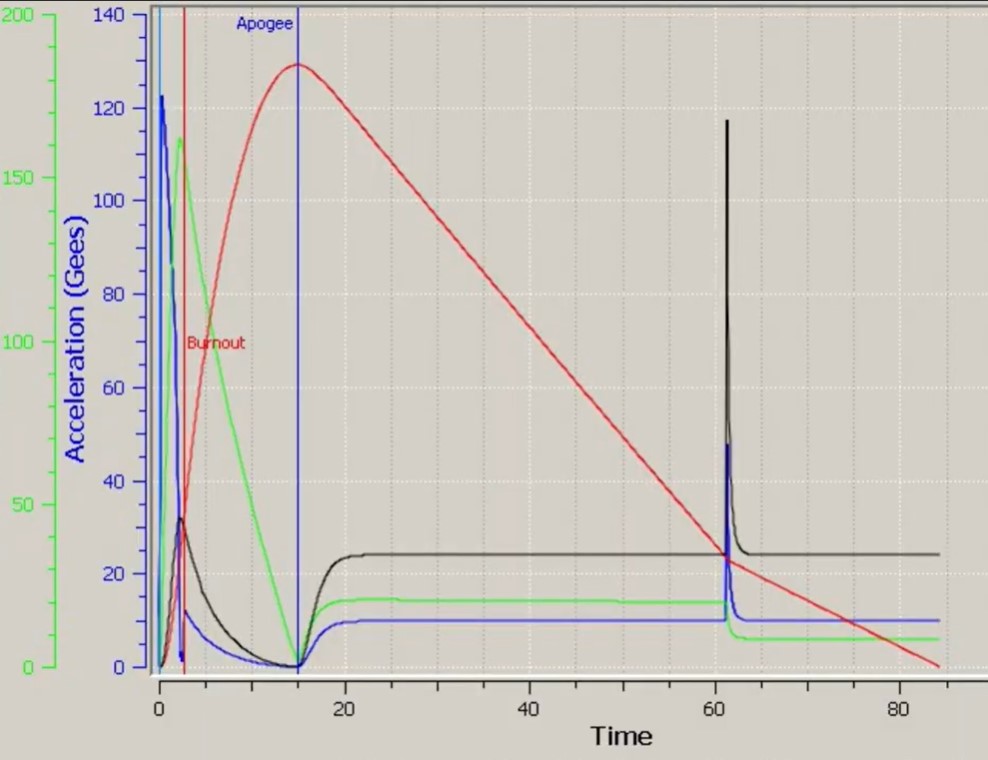
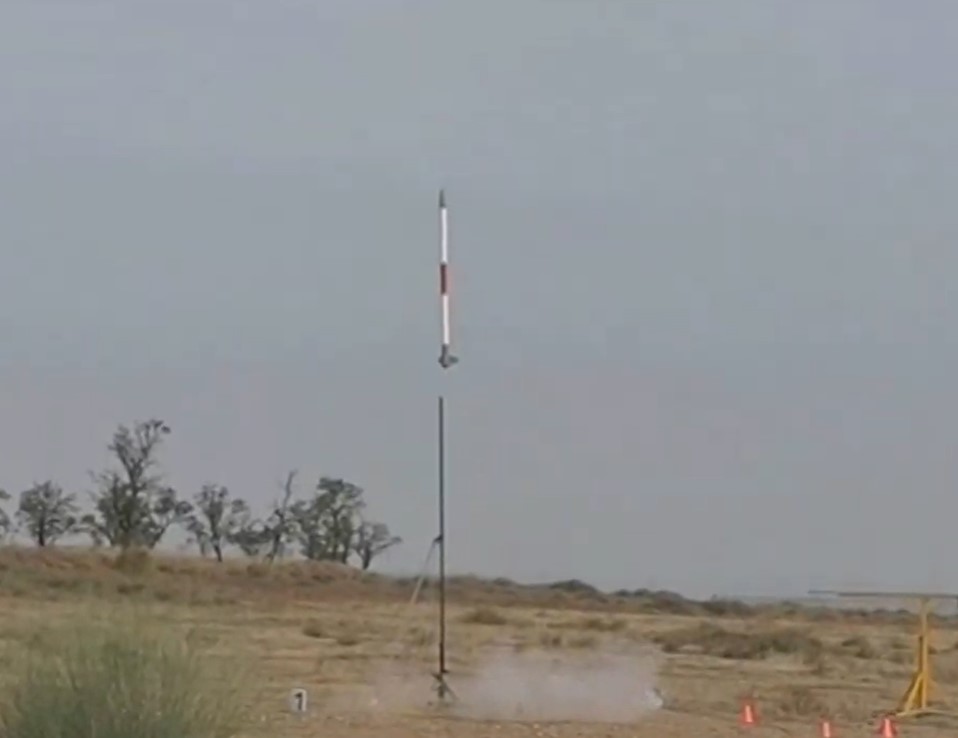
Your Mission with IpaziaSpace
In today’s rapidly evolving aerospace sector, the demand for in-flight testing is growing, yet traditional orbital launch services are often prohibitively expensive, overbooked, and inflexible—especially for early-stage or sub-scale payloads.
Moreover, the rideshare model imposes significant limitations: timing is dictated by primary payloads, trajectories are not optimized for secondary users, and payload retrieval is rarely feasible. These constraints create a critical bottleneck for manufacturers, academic teams, and technology developers seeking to certify components, validate new designs, or collect mission-specific data.
IpaziaSpace addresses this gap by offering dedicated suborbital launch services for payloads up to 50 kg, with customizable mission profiles, optional payload recovery, and short lead times. Our solid-propellant platforms provide stable, predictable flight dynamics and a controllable apogee, supporting a wide range of use cases—from material behavior studies in microgravity to environmental exposure tests, thermal stress trials, structural response monitoring, and more.
ADVANCING SUBORBITAL RESEARCH THROUGH PRECISION LAUNCH SERVICES
Our launch systems are based on high-efficiency composite solid-propellant motors developed in-house for consistency, safety, and mission flexibility. Unlike high-thrust orbital boosters, our suborbital platforms are optimized for smooth acceleration, controllable burn durations, and reduced dispersion in key flight parameters.
The motor casing is modular and customizable, allowing for geometry adaptations based on payload integration constraints. Propellants are designed for environmental safety without compromising on impulse or burn stability.

Recovery capability is available via parachute systems when payload retrieval is required, allowing post-flight material analysis or reusability. This option is particularly valuable for iterative development cycles and high-value experimental payloads.
Subsystems are built and tested with a focus on reliability and repeatability, ensuring consistent data across test campaigns and qualification programs. As we scale our operations, we continue to refine propulsion, avionics, and recovery systems with input from academic and industrial partners.
